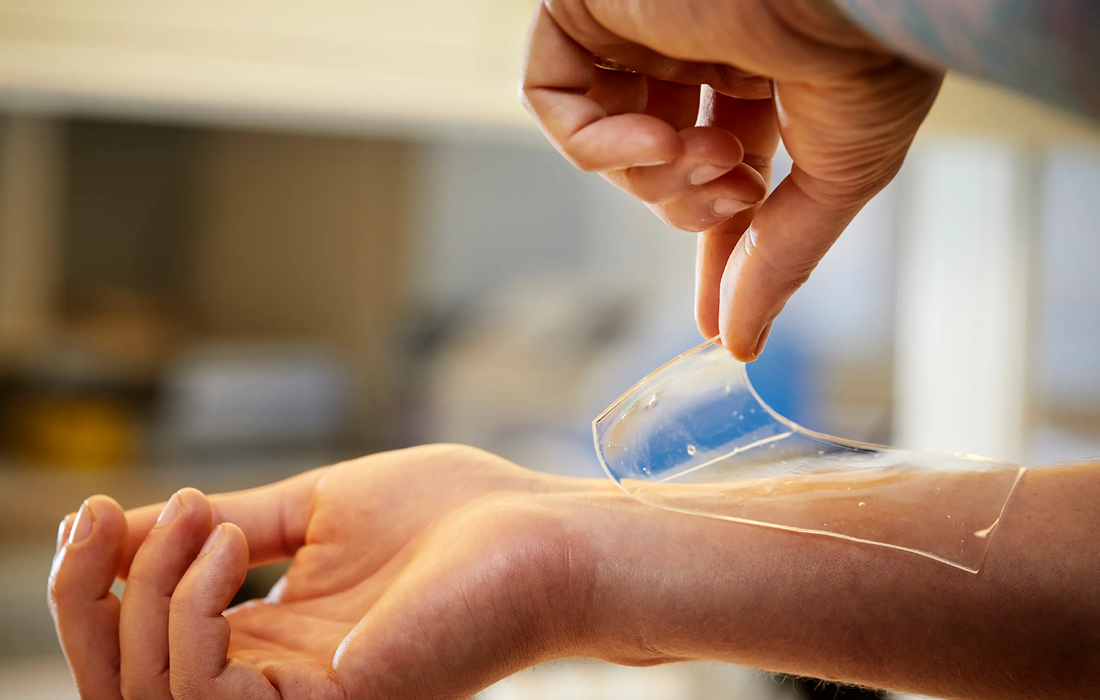Regenerative Medicine News and General Information
Researchers Have Developed Modified Alginate Hydrogels That Can Support Cell Growth
Hydrogels are polymers that are reinforced by different chemical bonds, and are capable of absorbing water and swelling without breaking down. As a result, biotechnology researchers have often turned to these structures to provide stability and structural support for their cell cultures.
Hydrogel capsules have been utilized for over 50 years. There are many different types that can be made by combining different kinds of cells in different hydrogel environments. The problem with combining microorganisms with hydrogel capsules is that they leak out.
Researchers have developed modified alginate hydrogels that can endure the growth of bacteria
To address this problem, Jeong decided to focus on alginate, a naturally occurring, edible compound found in brown algae. Although it has been previously looked at, using it to encapsulate bacteria has been challenging.
His strategy was to make a hydrogel membrane on the surface of the hydrogel structure. Although the change may seem small, it works well. Jeong tested his system with genetically-modified Lactococcus lactis and saw that without the layer, the bacteria leaked out and were unable to form biofilms, a collection of microorganisms that stick to each other. On the other hand, L. lactis colonies inside the modified hydrogels were able to grow for over 10 days; the hydrogels provided a stable platform that did not rupture.
Jeong also looked genetically-modified Escherichia coli, which can synthesize a host of different molecules, only when they are able to achieve a high cell density. He looked at E. coli cells that can produce green fluorescent protein, which emits a green signal when the cells are subjected to ultraviolet light.
He achieved the same results when he used E. coli cells that are bioluminescent. These bacteria encode the lux genes that result in blue cells that glow in the dark. The researchers saw that once the bacteria reached a certain cell density, the luminescence continued to increase for the next 3 days.
The main purpose of making these hydrogels is to develop bioreactors that can support the growth of bacteria while they make important compounds. To test whether the modified hydrogels were capable of sustaining such processes, Jeong also tested the ability of L. lactis to make nisin, a peptide that is used as a food preservative. In agreement with their previous results, the bacteria were able to grow well in the modified hydrogels and were able to produce the compound.
The researchers are also interested in continuing their tests in human and cancer cells, with the hope that the hydrogels will be able to provide a reliable platform for a wide range of applications.
SOURCE:
Yoon Jeong, Wentao Kong, Ting Lu, Joseph Irudayaraj. Soft hydrogel-shell confinement systems as bacteria-based bioactuators and biosensors. Biosensors and Bioelectronics. Retrieved from : https://www.sciencedirect.com/science/article/abs/pii/S0956566322008491?via%3Dihub
IMAGE:

